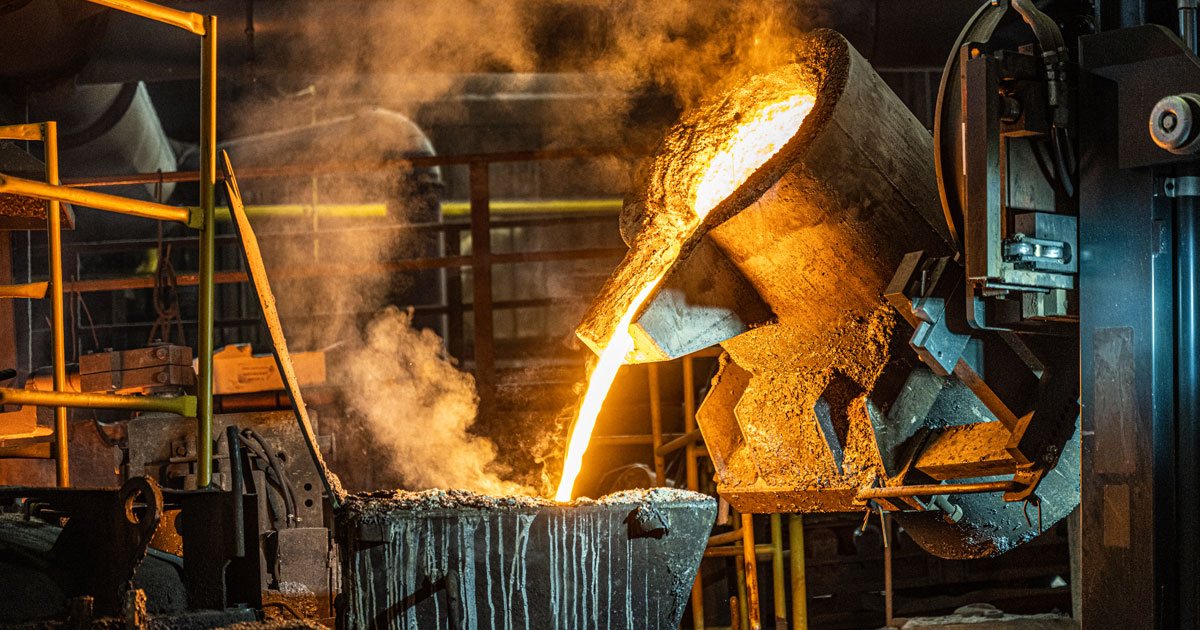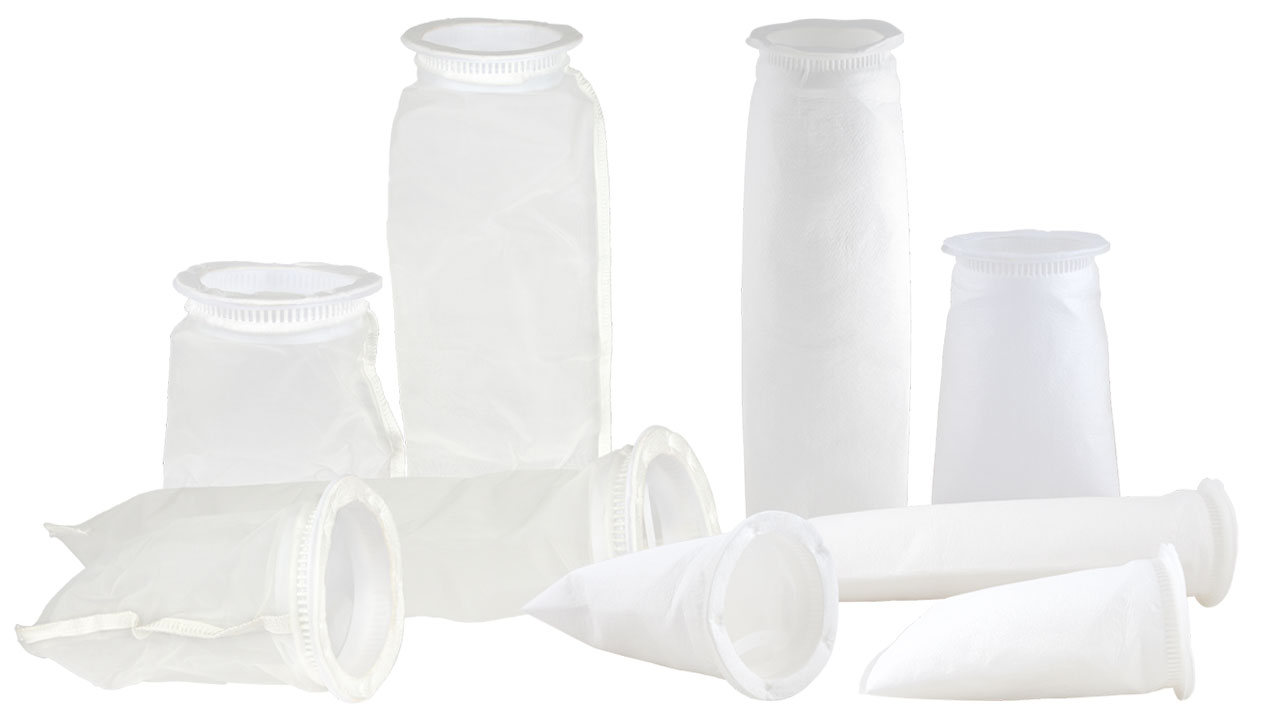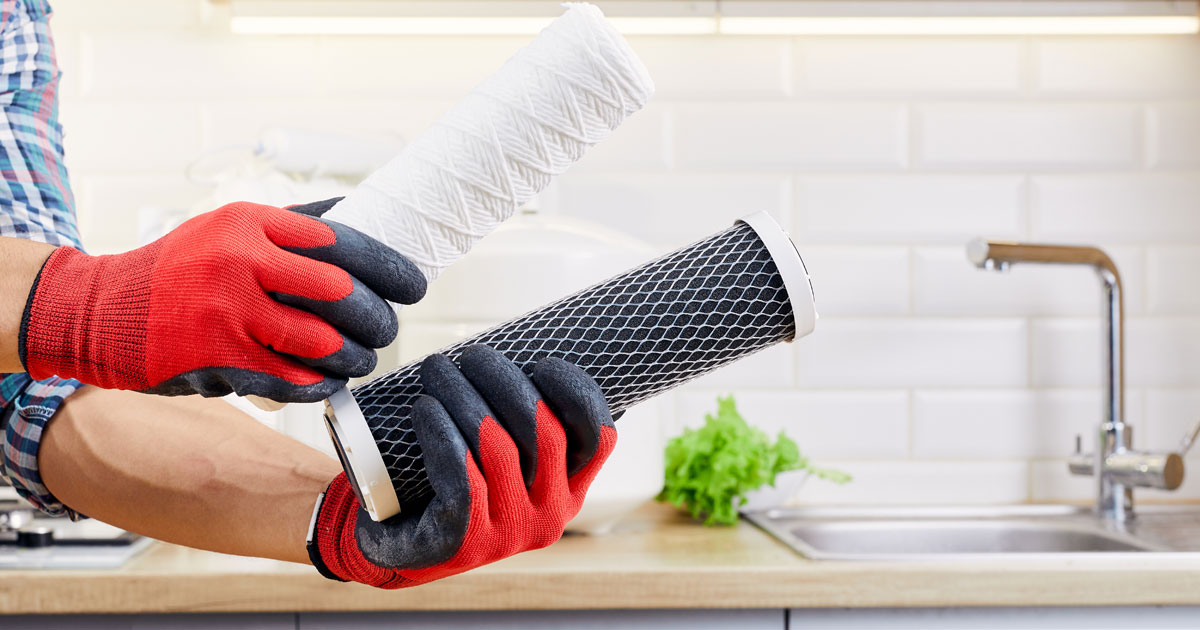Liquid Bag Filters Explained: Solutions for Industrial Water and Fluid Filtration
 Andrew
November 26, 2025
#bagfilters
#industrial
#manufacturing
#sedimentfilters
Andrew
November 26, 2025
#bagfilters
#industrial
#manufacturing
#sedimentfilters

- Liquid bag filters use flexible sock-shaped media that expands to capture large volumes of contaminants while maintaining higher flow rates than rigid cartridge filters.
- All liquid bag filters use industry-standard sizing (i.e. #1–#4) that ensures compatibility across different housing manufacturers, simplifying replacement ordering.
- Material selection can depend on specific conditions—polypropylene felt for broad chemical resistance, polyester felt for some high-temperature applications, and nylon mesh for high-flow requirements.
- System performance depends more on proper installation, housing design, and maintenance practices than material specifications alone.
The bag filter universe (almost as cool as the Marvel Cinematic Universe) extends far beyond industrial applications. Air filtration systems use pocket filters and large baghouse collectors to control emissions across manufacturing industries. And, yes, baghouses can be the size of a house—or larger. Specialized food-grade bag filters require FDA-compliant materials and processing for beverage and food manufacturing. However, liquid bag filters represent a large segment of this market, where durability, chemical compatibility, and cost-effectiveness drive material selection.
The bag's shape allows it to fill and adapt as contaminants accumulate, maintaining optimal flow patterns. When properly sized, bag filters provide an effective solution for high-throughput industrial applications with easy changeout and disposal.
All liquid bag filters use industry-standard sizing that ensures compatibility across different housing manufacturers. For example, polypropylene and polyester felt filters are commonly found in four universal sizes: #1 (7" x 17"), #2 (7" x 32"), #3 (4" x 9"), and #4 (4" x 15"), while nylon mesh filters often come in the compact #3 and #4 sizes. This standardization simplifies replacement ordering without housing modifications.

Glazed Polypropylene Felt (BP Series)
Glazed polypropylene felt stands as the workhorse of industrial liquid filtration due to its exceptional chemical compatibility and water-repelling properties. This is not your grandmother's felt. Polypropylene felt resists acids, alkalis, organic solvents, alcohols, and oxidizers while maintaining structural integrity in demanding applications. The glazed finish treatment reduces fiber migration, critical for processes where downstream contamination cannot be tolerated.
With temperature limits up to 176°F (80°C), polypropylene felt filters may be the right choice for water treatment facilities, chemical processing plants, and general manufacturing where broad chemical resistance matters more than extreme temperature tolerance. Available in micron ratings from 1 to 200 micron, polypropylene felt filters provide precise particle removal for applications ranging from fine sediment filtration to coarse debris removal.
Polyester Felt (BE Series)
Polyester felt filters offer superior temperature resistance, making them ideal for high-temperature applications and low moisture, such as filtration for manufacturing, metalworking, woodworking, and energy. Polyester felt offers a high dirt loading capacity and reliable filtration performance even with heated fluids and most chemicals. Like polypropylene felt, polyester felt is available in micron ratings from 1 to 200 micron, enabling fine particle capture in demanding thermal environments where other materials might degrade or lose efficiency.
Nylon Monofilament Mesh (BN Series)
Nylon monofilament mesh offers high strength and uniform pore structure for increased strength and stretch resistance against large solids. Available in coarser micron ratings from 50 to 800 micron, nylon mesh filters excel at removing larger particles and debris while maintaining high flow rates.
Applications such as paint manufacturing, industrial cleaning systems, and high-flow water treatment may benefit from nylon mesh's ability to provide consistent, repeatable filtration results and some capacity for reuse after cleaning. These liquid bag filters are also excellent for corrosive fluids, including organic solvents, oils, and alkalis.

Material Selection Guidance:
- Glazed polypropylene felt: General water treatment and chemical processing requiring broad chemical compatibility and resistance
- Polyester felt: High-temperature applications with low moisture
- Nylon mesh: High-flow applications requiring consistent, repeatable filtration performance
- Flow considerations: Felt filters offer high dirt capacity with moderate flow rates; mesh filters provide maximum flow with surface filtration
While all three materials offer good chemical resistance, specific compatibility must be verified for your particular application and operating conditions. OSHA workplace water safety standards require that industrial water systems maintain contamination-free operation, making proper system design and filter selection critical for regulatory compliance.
The bottom line is system efficiency depends heavily on proper installation, housing design, and maintenance practices. Proper installation and maintenance practices significantly impact filter performance and service life more than material specifications alone. Ensure correct bag installation with proper sealing to prevent bypass—even small gaps can allow unfiltered fluid to contaminate the clean side. It is also important to regularly monitor pressure to ensure it within the normal operation of your system.
Quality filter media and proper housing design ensure reliable performance and easy maintenance. High-quality liquid bag filters from established manufacturers provide consistent performance and reliable service life, provided attention to temperature, chemical compatibility, and proper documentation of filter changes helps operators stay ahead of reduction in pressure and filtration efficacy. For example, gradual pressure rise can indicate normal dirt loading, while rapid pressure increase could suggest filter plugging or incorrect material selection or micron rating.
While bag filter materials each offer unique advantages, success ultimately depends on matching your specific system requirements with proper installation and maintenance practices. Whether your operation demands chemical resistance, temperature tolerance, or high-flow capability, informed material selection combined with attention to system design ensures reliable, cost-effective filtration performance.






